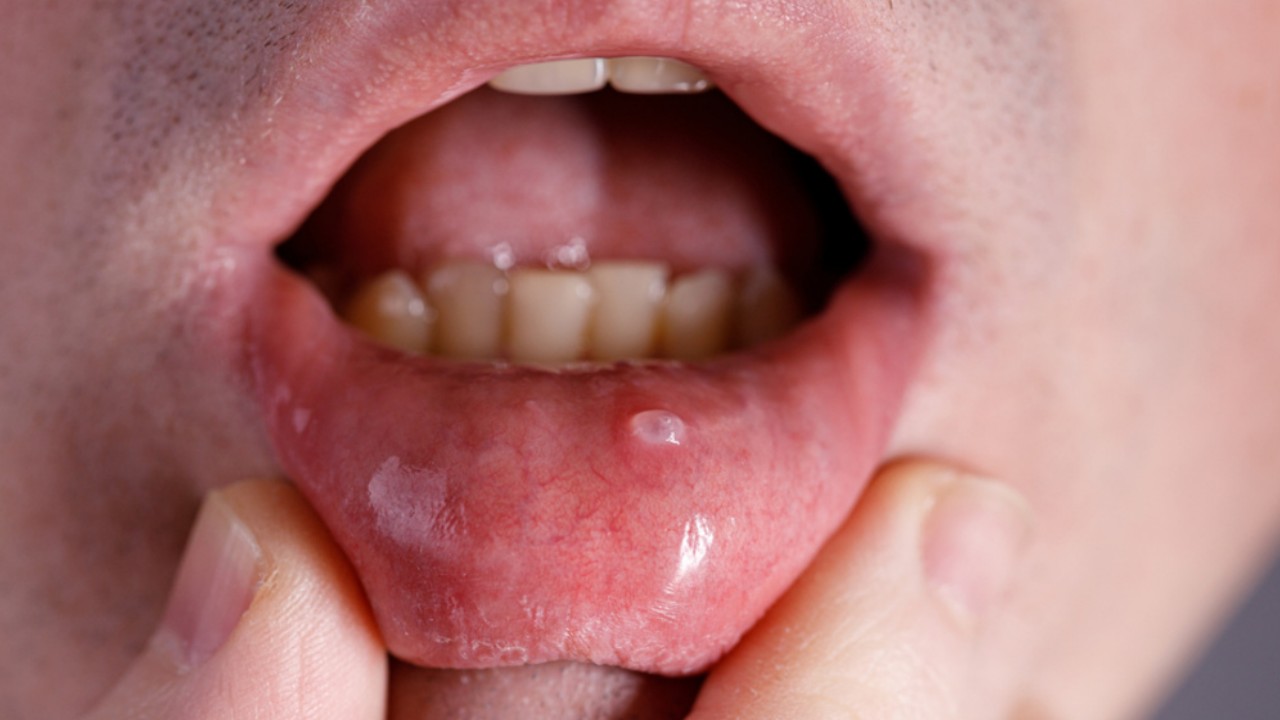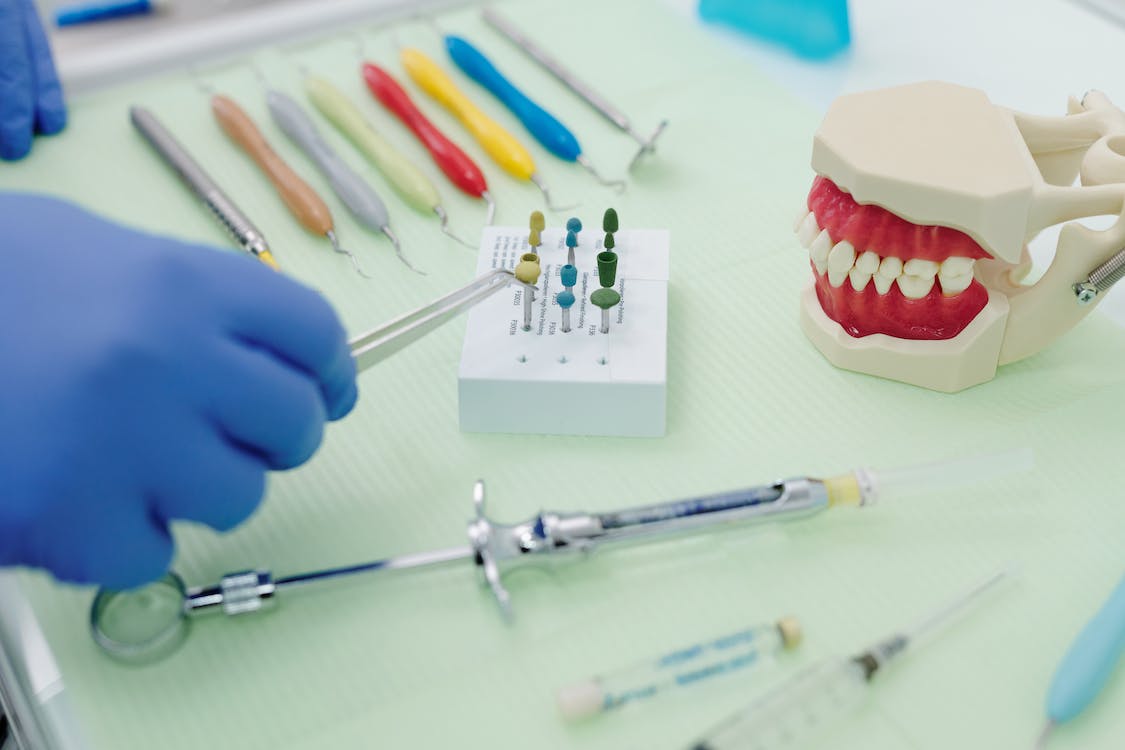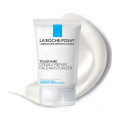Home Remedies to Treat Mucocele in a Quick And Natural Way
There are many effective home remedies to treat mucocele naturally. Discover some of the quick and easy ways to fix pain and promote healing for oral mucocele.

There are several home remedies to treat mucocele or oral mucous cysts. These swollen spots are typically harmless and caused by mucus retention or mucous discharge. Mucoceles often appear as a clear bump inside the lower lip. Sometimes it has a blue tinge and may feel unstable or firm when touched (1). While they can last anywhere from days to years, having them checked is recommended, especially if they are causing discomfort (2). Here, let’s explore some helpful home remedies to alleviate mucocele symptoms.
What Is A Mucocele?
A mucocele is a common type of cyst that forms when the minor salivary glands in the mouth get damaged or blocked (1). This often happens due to minor oral injury or biting of the lip. This may block or damage the salivary gland. When this takes place, the saliva that usually drains from that gland into your mouth may accumulate and develop a mucous cyst.
Where are they found? - Mucoceles are commonly found on
- The inner surface of the lower lip
- The front side of the tongue
- The floor of the mouth (ranula)
- The roof of the mouth
- The inner side of the cheek
- They rarely appear on the upper lip
Apart from the oral cavity, these can also be found in the gallbladder, lacrimal sacs, and appendix. While some mucoceles may resolve on their own, many require medical intervention for proper treatment. Simply popping or draining the fluid from the superficial cyst is not enough to solve the issue, as the blockage in the gland needs to be addressed.
Symptoms Of Mucocele
Here are the features and symptoms of mucocele that can help you determine if you have an oral mucocele or not:
- Unpleasant appearance - Mucocele cysts on lips, while not harmful, can be unpleasant. They appear as soft, dome-shaped lesions in your mouth, typically clear bumps inside lips or bluish in color, and mostly range in size from 5 mm to 34 mm (1). It can even go up to a centimeter in certain cases.
- Discomfort - While they generally don't cause pain, larger cysts can interfere with speech, chewing, or swallowing, leading to discomfort (1). In the case of severe ranula, or deep mucocele the cyst might grow into the neck muscle and interfere with breathing (3).
It's important to remember that harmless cysts can return even after they've been removed, and there may be some pain in the treated areas (4).
Causes Of Mucocele
Saliva normally flows from the salivary gland through tiny tubes (ducts) into your mouth. When this salivary gland duct is damaged, mucus leaks out and accumulates, causing a cyst-like swelling. Similarly, if the duct is blocked, mucus builds up and forms a cyst. Some common causes that lead to this are:
1. Oral traumas - Sometimes, a mucocele can form without a known cause. However, it can also be triggered by trauma to the mouth, such as oral surgery, lip biting, or getting hit in the face (1).
2. A tear in the gland - Another common cause is a tear in a salivary gland, usually resulting from an injury that leads to a bluish bump inside lips (1).
3. Piercings - Sometimes infections caused by piercings can also lead to mucocele. Thus it's important to get piercings done professionally to minimize the risk of infections.
4. Bacterial build-up - Anecdotal evidence suggests that poor dental hygiene can also contribute to cyst formation as bacteria buildup can block salivary glands.
Diagnosis Of Mucocele
Your doctor can often identify a mucocele just by physical examination. But they may suggest additional tests like the following to confirm the diagnosis.
1. Biopsy - They usually take a small sample of the cyst and send it to a lab for further analysis.
2. Ultrasound - This procedure uses sound waves to create images of the cyst's interior, which can be viewed on a computer screen.
3. Computerized tomography (CT) scan - By taking a series of X-rays from different angles, a CT scan provides a more detailed picture of the cyst.
These tests can help your doctor gain a better understanding of the mucocele and determine the most appropriate course of treatment.
6 Science-Backed Home Remedies For Mucoceles

Here are some effective home remedies for treating the swollen spots in your mouth:
1. Glycerin
The antiseptic and therapeutic properties of glycerin can help provide relief from mucoceles, benefiting the cyst (5).
- Soak a cotton ball with a few drops of glycerin and apply it to the affected area.
- Leave it on for about 30 minutes, then rinse your mouth with plain water.
- Repeat it at least 3 times a day for better results.
- Alternatively, you can also use a glycerin-based mouthwash for daily cleansing.
2. Salt Water Rinse
The saline solution might take out the fluid that is trapped beneath the skin without further harming the soft tissue around it (6).
- Mix half a teaspoon of salt in a cup of water. Warm water is mostly preferable.
- Then gargle your mouth with salt water for about 15 seconds.
- Spit it out and repeat this process twice daily for an effective remedy.
3. Honey
Honey acts as an antibacterial agent, protecting the affected area from additional skin infections. Its wound-healing properties can also accelerate the recovery process for mucoceles (7).
- Apply one-fourth teaspoon of natural organic honey to the cyst.
- You can also mix it with a few drops of tea tree oil (optional).
- Leave it for about 20 minutes, and then rinse.
- Repeat this remedy for mucocele cysts 3 times a day for a week.
4. Sage
Sage, a scented herb, possesses a natural astringent effect. Also, its anti-inflammatory and soothing properties may be beneficial for mucoceles (8).
- Chew on sage leaves or enjoy it as a fresh tea.
- Or else, rinse your mouth with sage-infused clean water.
5. Aloe Vera
Aloe vera gel offers a range of pharmacological benefits, including antifungal, anti-inflammatory, and antibacterial properties. Additionally, its soothing and healing properties make it a potential treatment option for oral mucoceles (9).
- Apply fresh aloe vera gel directly on the mucocele.
- Leave it on for 20 minutes, then rinse your mouth with normal water or lukewarm water.
- Repeat it twice daily till you feel better.
- You can even rinse your mouth with fresh aloe vera juice.
6. Frozen Tea Bags
Tea's tannic acid functions as an astringent. This speeds up the healing process and aids in reducing the inflammation connected with mucocele (10).
- Soak a tea bag in warm water, and refrigerate it.
- Gently press it on the mucocele for 10 to 15 minutes.
- Repeat it 3 to 4 times a week.
- If not, you can try the same with ice packs or ice-cold water to reduce pain and inflammation.
Anecdotal evidence also suggests using hydrated potassium aluminum sulfate (alum) for treating mucocele. Remember, these remedies may provide temporary relief from mouth cysts, but it's always a good idea to consult a healthcare professional if the symptoms persist or worsen.
Medical Treatment For Mucoceles

Home remedies to treat mucocele may provide some relief. But it's important not to try popping the sac on your own. It's best to leave the removal to oral surgeons or dentists to avoid the risk of recurrence, infection, and damage.
Most mucoceles go away on their own, but if they become enlarged or cause discomfort, it's recommended to seek professional advice.
To remove a mucocele, surgeons may use the following methods (1).
- Cryotherapy - Freezing the oral cyst using a specialized technique
- Corticosteroid - Treating mucoceles with local corticosteroid injections has been a commonly used first-line therapy (2).
- Laser therapy - Using laser technology to remove the mucocele.
- Surgical removal - Cutting out the cyst through a surgical procedure.
- Micro-marsupialization - It is also a surgical procedure that helps create a new duct to promote saliva drainage. This method is simple, low-cost, minimally invasive, and involves using sutures to facilitate mucous drainage.
Precautions to Prevent Mucocele
To prevent mucoceles, it's a good idea to take some basic precautions.
- One effective way is to avoid biting or sucking on your lips, tongue, or cheeks, as this can cause oral tissue trauma and lead to mucocele formation. You can also chew sugarless gums to prevent lip biting.
- Additionally, maintaining good oral hygiene by brushing and flossing regularly is important.
- Use chlorohexidine mouthwash which is a germicidal mouthwash prescribed by doctors to reduce oral germs (11). This can be applied both before and after the cyst ruptures to prevent the accumulation of bacteria.
- You can also try oil pulling for improved oral hygiene. Simply swish a tablespoon of castor oil or Arimedadi oil in your mouth for a few minutes before spitting it out. Both oils possess antimicrobial and anti-inflammatory properties (12), (13).
Conclusion
Home remedies to treat mucocele can be helpful in managing the discomforts associated with it. However, it's important to exercise caution and seek professional help when needed. Avoiding self-popping the cyst and following basic precautions, such as avoiding lip or cheek biting and maintaining good oral hygiene, can help prevent mucocele formation. If the cyst persists or causes discomfort, it's advisable to consult with a professional for proper treatment.
ALSO READ: 14 Natural Home Remedies to Treat Rash under Breast





 JOIN OUR WHATSAPP CHANNEL
JOIN OUR WHATSAPP CHANNEL


































































































